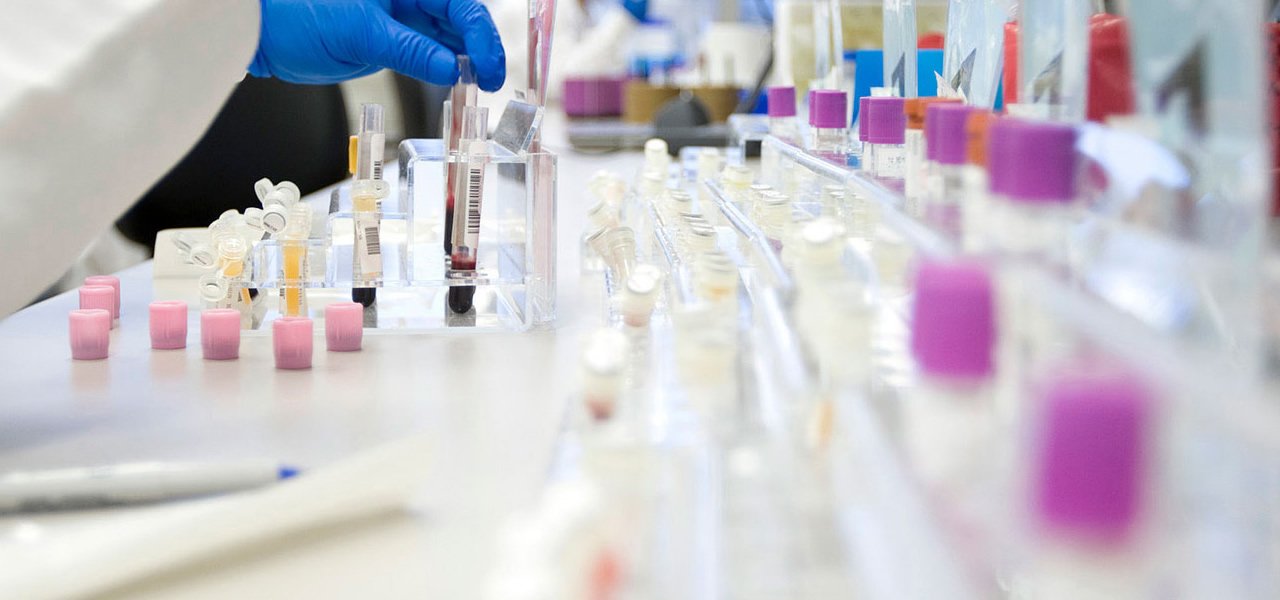Latin America Biobanking Market Size, Share, Report 2032
Biobanking, the process of collecting and storing biological samples for research, has gained significant traction over the past decade. This field plays a pivotal role in advancing medical research, particularly in precision medicine and life sciences. In 2023, the global biobanking market was valued at USD 72.1 billion, with expectations to reach USD 131.1 billion by 2032, growing at a compound annual growth rate (CAGR) of 6.89%. Latin America holds a notable share of this growing market, primarily driven by the rising demand for precision medicine and the increasing focus on life sciences research.
In this blog, we will delve into the key drivers of the biobanking market, the regional dynamics with a focus on Latin America, and provide a detailed competitor analysis, covering major players like Thermo Fisher Scientific, Inc., Beckman Coulter, Inc., Tecan Trading AG, and PHC Corporation.
Table of Contents
ToggleMarket Overview
The global biobanking market encompasses a wide range of services, including the collection, processing, storage, and distribution of biological materials like tissues, blood, and DNA. These samples are critical for various medical research fields, such as genomics, personalized medicine, and drug development.
Key Drivers
- Growing Demand for Precision Medicine: Precision medicine, which tailors treatment based on individual variability in genes and lifestyle, is becoming a significant growth driver. Biobanks store genetic material, enabling researchers to study correlations between genetic markers and diseases. As personalized medicine continues to evolve, the demand for high-quality biological samples will increase, fueling market growth.
- Life Science Research: Biobanking has also become instrumental in life science research, aiding in the discovery of new drugs and therapies. The ongoing research into chronic diseases such as cancer, diabetes, and cardiovascular diseases is increasing the need for vast, well-maintained repositories of biological samples.
- Technological Advancements: Innovations in storage solutions, robotics, and data analytics are also contributing to the expansion of the biobanking market. For example, automated biobanks that integrate artificial intelligence for better data management are becoming more prevalent, reducing human error and ensuring the accuracy of stored samples.
Get a Free Sample Report with Table of Contents
Market Segmentation
The biobanking market can be segmented based on sample type, storage type, and end-user.
- By Sample Type:
- Blood Products: The most common sample type in biobanking due to its relevance in a wide variety of research areas.
- Tissues: Tissues are often used for cancer research, where studying tumor samples helps in the development of targeted therapies.
- Others: DNA, RNA, and other bodily fluids are also stored for genetic and molecular research.
- By Storage Type:
- Manual Storage: Traditional biobanks rely on manual storage solutions, but this segment is seeing a decline due to the rise of automation.
- Automated Storage: This segment is rapidly growing due to its efficiency, scalability, and ability to maintain the integrity of samples over extended periods.
- By End-User:
- Academic Institutions: Universities and research institutes are key players in the biobanking industry, as they often use stored samples for scientific studies.
- Pharmaceutical and Biotechnology Companies: These organizations use biobanked samples to develop new drugs and therapies.
- Hospitals and Clinics: Increasingly, hospitals are setting up their own biobanks to collect patient samples for ongoing research.
Regional Dynamics: Focus on Latin America
Latin America is emerging as a significant region in the global biobanking market. The region’s market growth is fueled by:
- Government Initiatives: Governments in countries like Brazil, Mexico, and Argentina are investing in healthcare infrastructure, including biobanking, to support medical research and public health initiatives.
- Collaborative Research: Latin American countries are increasingly participating in global collaborative research projects, which require well-maintained biobanks for the exchange of biological materials.
- Rising Healthcare Expenditure: The region’s rising healthcare spending and growing focus on precision medicine are leading to the establishment of new biobanks and the expansion of existing ones.
Competitor Analysis
Several key players dominate the global biobanking market, providing innovative solutions for the collection, processing, and storage of biological materials. Below is a detailed analysis of the major competitors:
Thermo Fisher Scientific, Inc.
Thermo Fisher Scientific is a global leader in scientific research and laboratory equipment, with a strong presence in the biobanking market. The company’s biobanking solutions include automated sample storage systems, lab automation technologies, and temperature monitoring systems. Thermo Fisher’s advanced storage solutions help maintain the integrity of biological samples over long periods, which is critical for research and clinical applications.
The company also provides cloud-based data management platforms, enabling researchers to access and share data globally. Thermo Fisher’s wide range of biobanking services, including sample collection, processing, and storage, make it a key player in the market.
Beckman Coulter, Inc.
Beckman Coulter offers a comprehensive suite of biobanking solutions, including liquid handling and automation technologies. Its sample preparation tools and high-throughput screening systems are widely used in academic institutions and pharmaceutical companies.
Beckman Coulter is known for its innovative products that improve the accuracy and efficiency of sample management, reducing the risk of contamination and ensuring that samples are preserved under optimal conditions. The company’s focus on automation helps biobanks manage large volumes of samples efficiently, making it a prominent player in the global market.
Tecan Trading AG
Tecan Trading AG specializes in lab automation solutions and is recognized for its innovative biobanking technologies. The company’s automated sample management systems are widely used in research institutions, pharmaceutical companies, and clinical laboratories. Tecan’s instruments enable the efficient processing of large volumes of samples, ensuring that they are stored under optimal conditions.
Tecan is also known for its software solutions that help manage biobank inventories, track sample locations, and provide real-time data on sample status. The company’s ability to integrate its solutions with existing laboratory infrastructure makes it a key player in the biobanking market.
PHC Corporation
PHC Corporation, a subsidiary of Panasonic, provides cutting-edge biobanking solutions, including ultra-low temperature freezers, cryogenic storage systems, and monitoring devices. The company’s biobanking products are known for their reliability and energy efficiency, making them a popular choice for institutions that require long-term storage of biological materials.
PHC Corporation’s focus on sustainability, combined with its advanced storage technologies, positions it as a key player in the market. The company’s commitment to reducing energy consumption while maintaining the integrity of stored samples makes it a valuable partner for biobanks globally.
Future Outlook and Trends
The biobanking market is poised for significant growth over the next decade, driven by advancements in precision medicine and life sciences research. Some key trends shaping the future of the market include:
- Rise of Virtual Biobanks: Virtual biobanks are gaining popularity, allowing researchers to access and share data and samples globally. This trend is expected to grow as cloud computing and data-sharing technologies become more advanced.
- Ethical and Regulatory Challenges: As biobanks store more genetic material, ethical concerns related to privacy and consent are likely to rise. Regulatory frameworks will need to evolve to address these challenges, particularly in regions like Latin America where biobanking is expanding.
- Integration of AI and Big Data: Artificial intelligence (AI) and big data analytics are being integrated into biobanking operations, allowing for better data management and predictive analytics. This trend is expected to drive efficiency and improve the quality of research conducted using biobanked samples.






